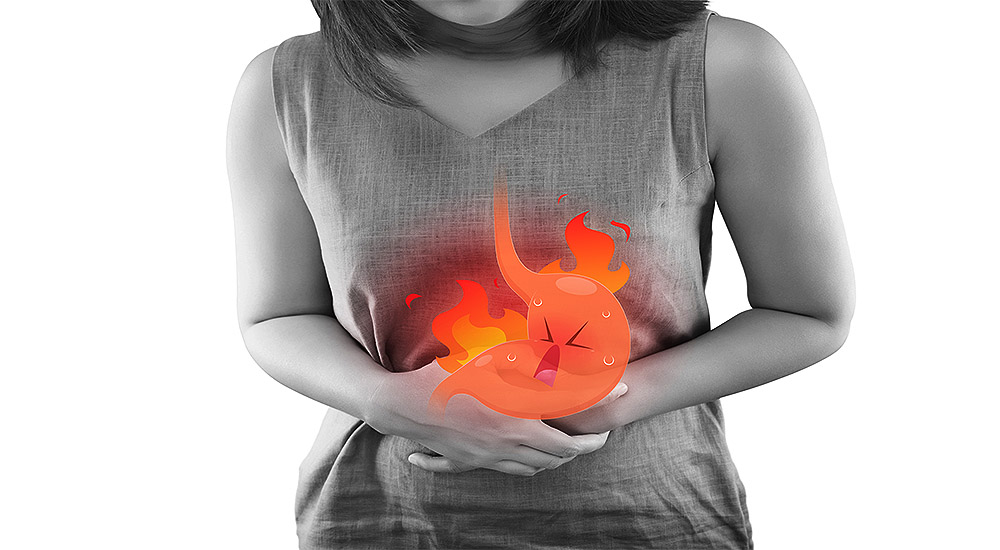Are Eggs a Bad Food Choice?

Are eggs a good or bad food choice?
Opinions regarding the health benefits of eggs have swung like a pendulum. They have been considered unhealthy due to their high cholesterol (of which they have a lot) and have been praised for their protein, choline (a substance known to benefit brain and memory function). It is often grouped with the B vitamins, although technically it’s not a vitamin.) content. Additionally, eggs have been mentioned as a good source of antioxidants lutein and zeaxanthin, particularly good for vision.
Let’s start with the cholesterol issue. While very high, eggs have supposedly been found “innocent” of contributing to heart disease in a variety of studies. These studies claim there is no association between eggs and heart disease or stroke in otherwise healthy people.
Let’s read between the lines and follow the money. First, the “otherwise healthy people” remark cannot be glossed over. Considering children as young as 8 years old can show early evidence of heart disease in their arteries, one wonders who is truly “healthy” when it comes to a cardiac profile. As our number one killer, certainly, a good percentage of our population is already at risk, and a large majority over and above that is exhibiting early unhealthy changes in their cardiac health.
Leaving that alone for the moment, how unbiased were these studies? In my blog Why do Doctors Push Drugs I show a great deal of evidence regarding the lack of true objectivity in much of our research. Unfortunately, industry-funded studies skew results leading to inaccurate conclusions simply because the researchers receive kickbacks to “find” desired, pro-industry results.
We have Dr. Greger and his team to thank for their tireless unearthing of such studies that “appear” to show data exonerating a certain food or drug, only to dig deeper and discover how and why that information was manipulated to disclose a false result, and what the true data actually is.
Here’s the truth about eggs
The Cleveland Clinic took blood from patients who already had a heart attack or stroke and compared it to individuals who had experienced no such cardiac events, with the intention of discovering which dietary components were the most harmful in creating heart disease.
The substance they discovered is called TMAO, short for trimethylamine oxide. According to their research, the higher the levels of TMAO in the blood the greater the degree of severity of a person’s heart disease.
The source of TMAO is the gut where dietary choline is turned into TMA by gut bacteria and later the liver makes the final transition to TMAO. If choline in the diet is turned into a compound associated directly with heart disease risk, obviously we don’t want to consume too much choline.
Where is choline found? Common sources are eggs, milk and animal flesh, including fish and poultry. Eating these foods increases your risk of heart attack and stroke (and death) via the production of this compound.
Hmmm, then how did the studies stating there was no association between eggs (one of the richest sources of choline) and heart disease get away with such a bald-faced lie? Very good question! The answer is below, but first a little more explanation for the scientific thinkers amongst us.
To assure high TMAO levels were the culprit leading to heart disease and stroke, there needed to be a more in-depth study over a longer time period. Simply observing a compound is elevated in the blood of heart disease sufferers wasn’t enough to make a conclusive decision regarding cause and effect. But a 2013 and follow-up 2014 study published in the New England Journal of Medicine and European Heart Journal respectively, dispelled any doubts. Four thousand individuals were followed for three years and indeed there was a direct correlation found between those suffering heart attacks, strokes, and death, with high levels of TMAO in the blood. [References cited below.]
Dr. Greger’s team then queried if it was simply the high cholesterol associated with a diet of high meat, dairy products, and eggs, and not particularly a choline association causing the increased risk. Certainly, a plant-based diet, low in cholesterol is found to have low TMAO blood levels, so perhaps the association was simply cholesterol-based. The cholesterol link was disproven upon the revelation TMAO is elevated despite the presence or absence of other cardiovascular risk facts such as high cholesterol or blood pressure.
This is an amazing and critical piece of data because, as clinicians, we typically utilize cholesterol, triglyceride and blood pressure values to ascertain risk. If TMAO can be high even in the face of low cholesterol and blood pressure, as an example, it opens up a new and exciting tool to evaluate cardiac risk, our number one killer.
The next step was to ensure it was truly the gut bacteria responsible for creating TMA from choline. So they fed individuals eggs and sure enough, TMAO (conversion from TMA to TMAO occurs in the liver) rose in their blood within an hour. [Note the comment “within an hour” – we’re going to come back to that time frame.]
To remove the gut bacteria from the equation, they annihilated the flora with antibiotics (yes, antibiotics are very efficient at destroying gut bacteria), again fed the participants eggs, and voila! no TMAO.
Now let’s look at the supposed research exonerating eggs. How did that happen? Well, scientific researchers aren’t stupid; they may be unethical but that’s another discussion. When tasked by the American Egg Board to find eggs “innocent” they simply waited about half a day before measuring the blood for TMAO after an egg (choline) exposure. Why? The kidneys flush out TMAO rather efficiently and all evidence of it disappears about 8 hours after a choline-rich meal. No egg consumption for 12 hours equals nice healthy blood levels. That “study”, intentionally misleading though it may be, was published in the Journal of the Academy of Nutrition and Dietetics – funded by your friendly American Egg Board!
Grrr!
But what about the protein and choline and special antioxidants lutein and zeaxanthin, that make eggs so “good for you:? Where are you going to get those in your diet? Don’t worry, Mother Nature provides! Plant sources of choline include soy (organic please to avoid GMO), quinoa, and broccoli. And yes, those lovely antioxidants mentioned above can be found in green leafy vegetables along with other green and yellow veggies. Of course, as we often mention, Americans get more than enough daily protein, even the vegans! It’s a lack of fiber where we suffer, and plants, in a whole food form, will satisfy that requirement very nicely.
For a fun eggless scramble recipe, see the recipe here.
There are those who feel the clearance of TMAO through the kidneys negates having to worry about its effects. Others, in the defense of eggs particularly, point out that eating fish tends to raise blood values of TMAO higher than that of eggs. I think the point is that levels ARE raised, and such levels are associated with higher risks of heart disease, stroke, and death. As our number one killer, any dietary contributor found to raise heart disease risk should be disclosed.
Did you find this informative? Is so, please share with friends and family – heart disease claims too many American lives.
Do you need help with your health?
We have the diagnostic and testing tools, the clinical experience, and a different medical approach to discovering the root cause of why you have the symptoms that are bothering you. As long as you are ready to make some dietary and lifestyle changes, we can help you. We will "hold your hand" through the changes, step by step, to make each step an easy one. We are located in Clearwater, FL, at 1000 S Ft Harrison, at the corner of Ft. Harrison Ave. and Magnolia St. There is plenty of parking space directly accessible from Ft Harrison. If it is not convenient for you to come to Root Cause Medical Clinic, we offer telehealth/telemedicine consultations to residents of certain states. Call us for details.
Contact us for a Consultation – Call 727-335-0400

Dr. Vikki Petersen DC. CCN
Founder of Root Cause Medical Clinic
Certified Functional Medicine Practitioner
Dr Vikki Petersen is a public speaker, author of two books, several eBooks and creates cutting edge content for her YouTube community. Dr Vikki is committed to bringing Root Cause Medicine and its unique approach to restoring health naturally to the world.
Ask a Doctor
Have a health concern you'd like to speak with a doctor about? Or just want clarity on a subject? Ask Us!
Featured Articles
Popular Stories
References:
- Tang WH, Wang Z, Levison BS, Koeth RA, Britt EB, Fu X, Wu Y, Hazen SL. Intestinal microbial metabolism of phosphatidylcholine and cardiovascular risk. N Engl J Med. 2013 Apr 25;368(17):1575-84.
- Wang Z, Tang WH, Buffa JA, Fu X, Britt EB, Koeth RA, Levison BS, Fan Y, Wu Y, Hazen SL. The prognostic value of choline and betaine depends on intestinal microbiota-generated metabolite trimethylamine-N-oxide. Eur Heart J. 2014 Apr;35(14):904-10.


